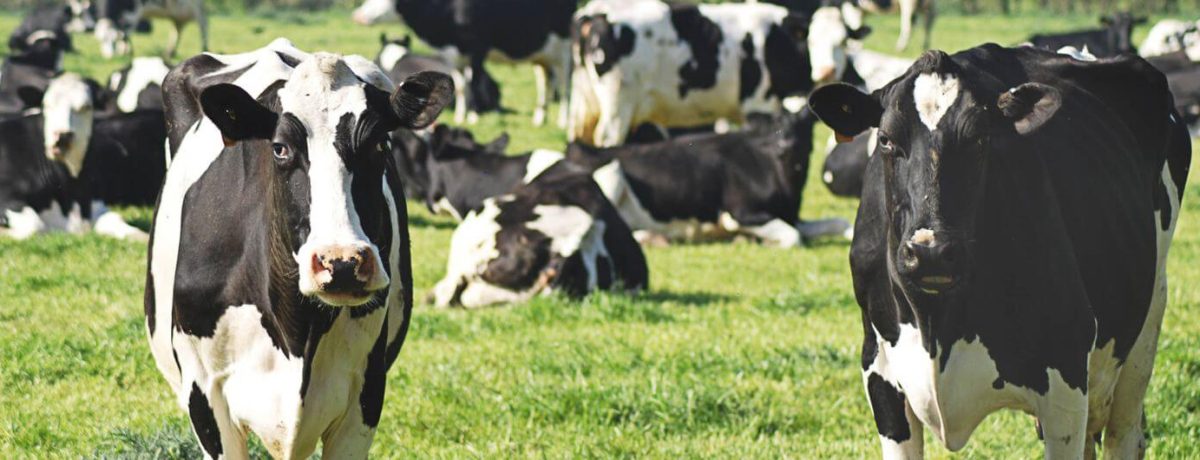In the fifth episode of Legally Consumed the CIE Legal hosts are joined by Jared Pereira, senior corporate counsel at Fonterra Australia, a dairy production company.
This episode covers the extent to which legal and ethical issues are intertwined with the dairy production industry. Further, Jared shares his extensive experience in maneuvering critical issues such as compliance with export country’s regulations and dealing with contamination concerns.
Sustainability in the Dairy Industry
16% of Australia’s greenhouse gas emissions are attributed to the agriculture industry, with a whopping 19% of emissions resulting from dairy farms alone1. Greenhouse gases are a primary contributor to global warming. With Fonterra’s dedication to reducing carbon emissions, Pereira discusses innovative solutions to the dairy industry’s main carbon emission issues. Notably, feeding cows seaweed to reduce methane emissions by up to 99%2. Research has shown that a small amount of dried seaweed in a cow’s diet eliminates their methane emissions, primarily released by cows’ burping. This finding is limited to a species of seaweed, Asparagopsis Taxiformis, which is currently harvested off Queensland’s coast. This finding shows promising prospects in lowering emissions effectively without affecting the cows’ wellbeing.
Energy efficiency is also a factor that hinders dairy farms from being more sustainable. Small fixes include swapping out halogen lights for LED lights, which consume a third of the power halogen lights do3. Many farms are deterred by their, initial, higher price; however, for brighter lights that consume less energy over time, LED lights are better at long-term savings.
More, water heating plays a major role in ensuring high hygiene standards in the milk produced. Farms are encouraged to adopt an automated water system to ensure there is no overuse of the washers’ energy whilst maintaining cleanliness and sanitization requirements3.
Plant-Based Milks Entering the Dairy Industry
There is an ongoing debate on whether plant-based milks are bound to replace naturally produced dairy. There are multiple reasons why consumers may choose plant-based milk instead, of which are concerns over animal wellbeing in farm environments. To counter this, Australian regulations detail care requirements for farm animals ranging from diets to protection from extreme weather circumstances. It has become evident that well-cared animals have higher-quality outputs, and dairy is no different to this rule.4
Another popular reason consumers switch to plant-based options are health concerns. Lactose intolerance is a common condition in which the carbohydrate lactose is unable to be broken down by the naturally occurring enzyme, lactase. This complication causes discomfort in the consumer, and thus dairy-free options are considered. Interestingly, researchers have managed to stratify two different protein strands in milk: A1 and A2. In short, milk that was produced without the A1 protein caused less discomfort in lactose intolerant individuals. Despite this finding, it is recommended that lactose intolerant individuals research this option heavily before consuming it, as it still contains lactose and may cause a reaction.5
Legalities in the Dairy Industry
Legal issues affect any industry, and the dairy industry is no exception. As with any product made for human consumption, dairy is heavily regulated under sanitation and distribution laws to minimise contamination and health concerns6. However, in the unlikely event that contamination occurs, the recall process can be triggered by the producer themselves, a government body following an investigation, or in the worst-case scenario, a consumer. Milk has multiple contamination possibilities, especially if not pasteurised thoroughly7.
The legalities associated with exporting a farm’s products overseas are also complex. For example, host country’s requirements include the EU ensuring dairy tests negative for antibiotic presence or China’s foreign language label requirements.
Tune in
Tune into Jared Pereira’s expertise on the role of the legal industry in dairy production and its effect on global warming on our podcast. Keep up to date with new podcast episodes by following us on Apple Podcasts, Google Play or Spotify.
LinkedIn: https://www.linkedin.com/company/cie-legal/
Instagram: https://www.instagram.com/cielegal/
Email: info@cielegal.com.au
1 Reducing emissions in dairy farms, Agriculture Victoria
2 Feeding cows seaweed could slash global greenhouse gas emissions, researchers say, ABC News, 19 October 2016
3 Energy efficiency in dairy farming, Sustainability Victoria, 6 September 2022
4 How Plant-Based Milk Is Impacting the Dairy Industry, UnivarSolutions
5 Dr Karl explains the difference between A1 and A2 milk, ABC News, 19 June 2018
6 Product safety responsibilities, ACCC
7 Reducing the risk of recalls, Food & Drink Business, 20 May 2020


